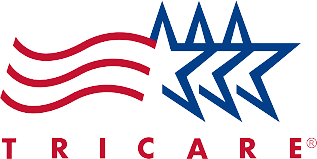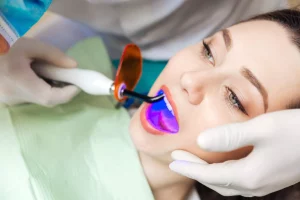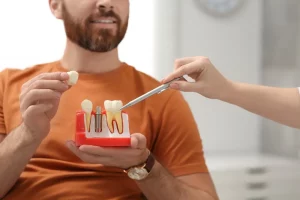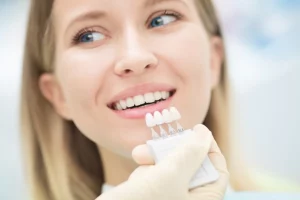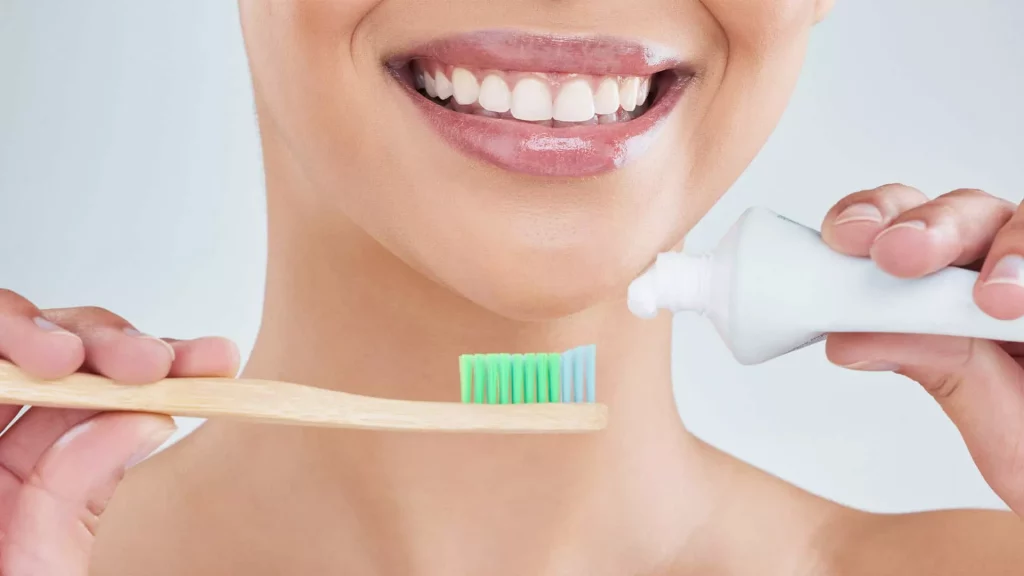Last Updated on: 12th December 2025, 08:54 am
What is the relation between tooth extraction and pregnancy? Pregnancy changes many things in everyday life for a woman. It is that time of her life when certain precautions should be exercised in the mother’s best interests and the unborn child’s. Hormonal changes during pregnancy lead to several oral manifestations, including increased sensitivity, bleeding, inflammation, overgrowth of gums, and changes in saliva.
Tooth extraction and pregnancy considerations
Most elective medical and dental procedures should be postponed until the baby has been born to avoid pain and stress to the mother and for the unborn child’s health. However, in some situations, you may need emergency dental services. It is important to consider the risks and benefits when it comes to tooth extraction during pregnancy.
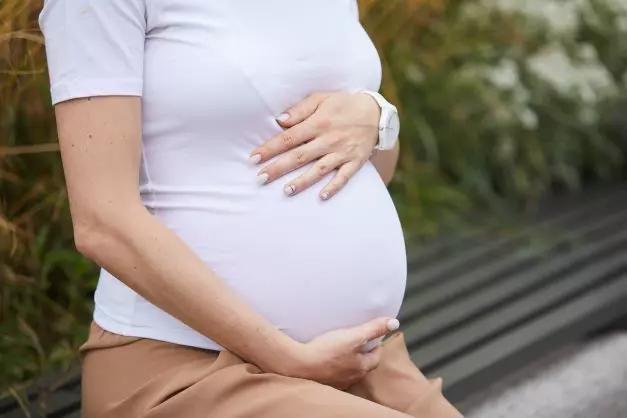
There is no one sure-shot answer to this question, as our experts at Channel Islands Family Dental Office and dentist in Oxnard suggest; you can schedule tooth extraction after the baby’s birth. If the tooth is infected, it would be better to move forward with the tooth extraction even during the pregnancy to prevent the spread of infection from the mouth to other parts of the body, causing the potential risk for the unborn. Multiple factors influence the decision of tooth extraction during pregnancy. Let us understand the dynamics of risks and benefits of tooth extraction at various levels of pregnancy:
Diagnostic X-rays and pregnancy
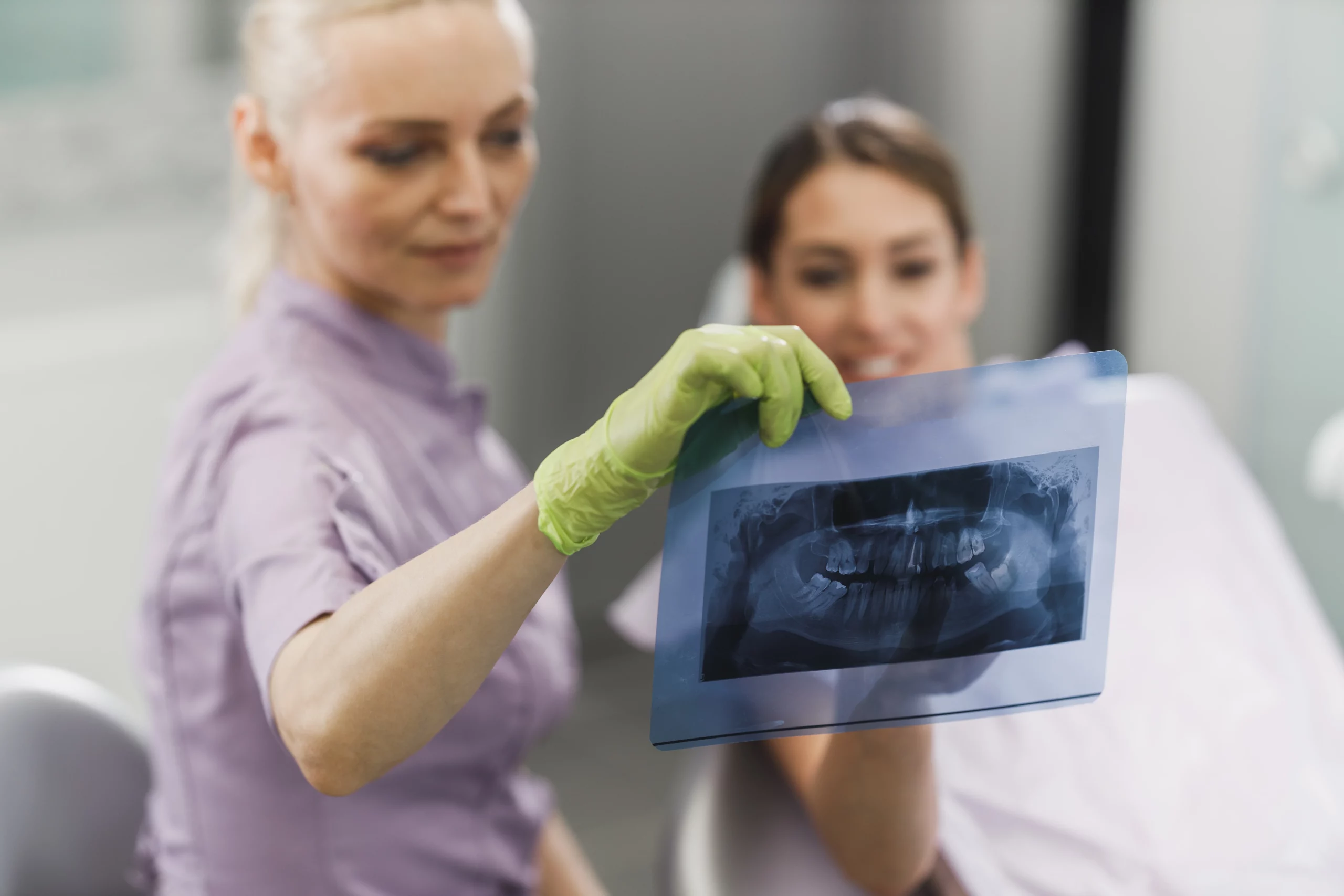
Diagnostic x-rays are important as a safely performed surgical procedure. The concern is, are they safe for pregnant females? The answer to that question is that routine x-rays can wait until the pregnancy is over. Still, the benefits of diagnostic x-rays before extraction outweigh the risks. The dental x-ray does not directly expose the abdomen, and the amount of radiation is extremely low to cause any potential harm to the developing baby. To further minimize the risks, it is advisable to take as few images as possible using a lead collar and apron to protect the expecting mother and the baby.
Local anesthesia and pregnancy
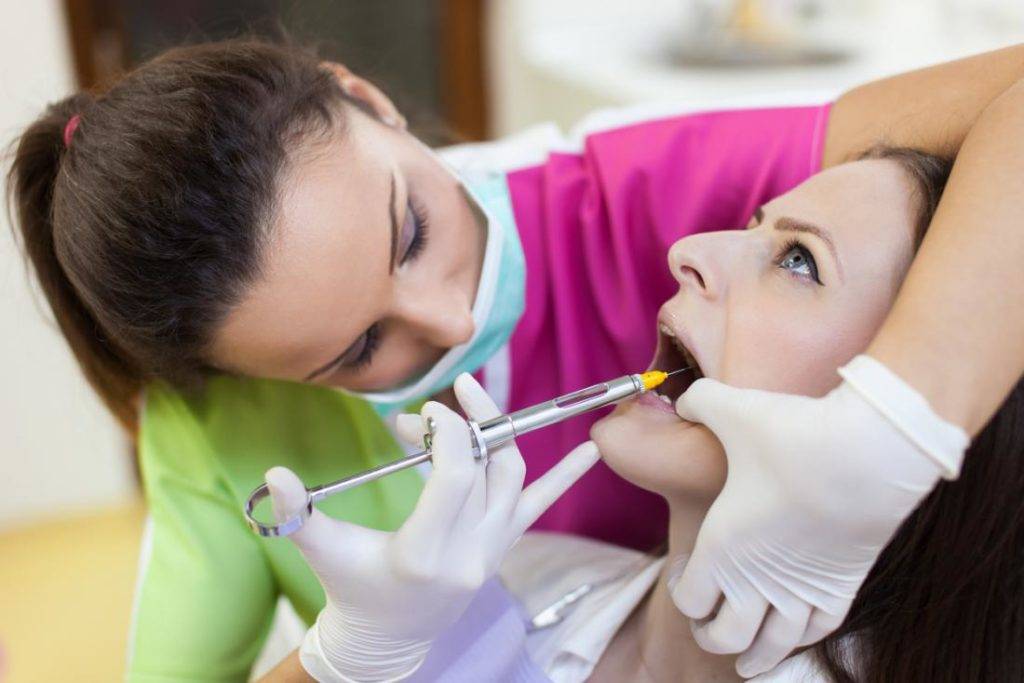
Local anesthesia is administrated for pain-free and comfortable tooth removal, and pregnant women are no exception. Studies have reported that local anesthesia like lignocaine is safe for tooth removal during pregnancy. The oral surgeon needs to keep the dosage and medication as low as possible to provide comfort and pain relief.
The safest time for tooth extraction and pregnancy
The first three months of pregnancy are considered crucial for any dental treatment. It could hamper the growth and development of the unborn baby. Similarly, during the third trimester, it can be unsafe as it’s difficult for expecting mothers to sit comfortably for a more extended period of time. The pain and stress can cause discomfort and an increased risk of premature birth of the child. Hence, the second trimester is considered the optimal and safest time for dental procedures as the baby has developed most of the organs.
Preventive measures for tooth extraction and pregnancy
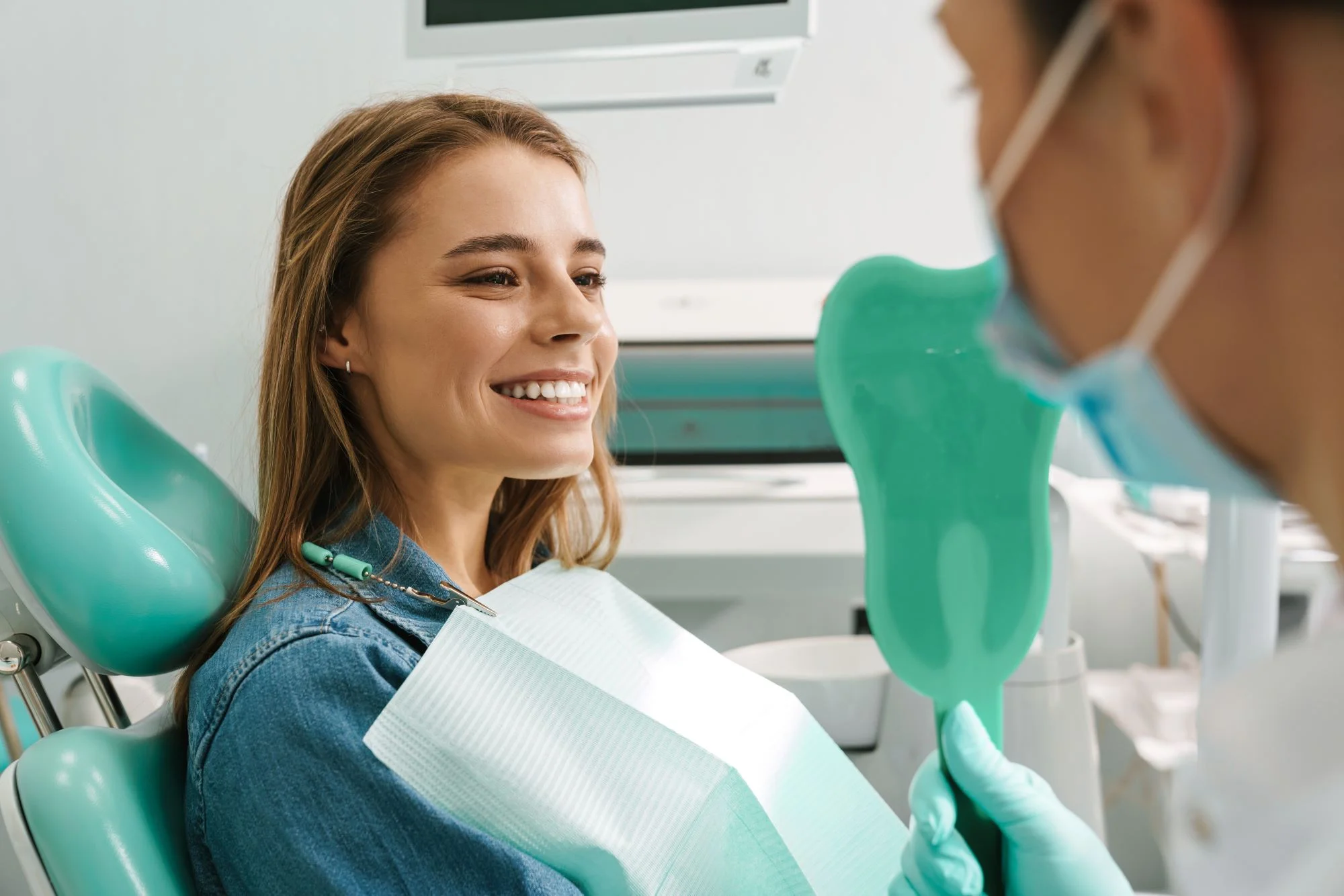
Taking preventive measures is essential to ensure you do not end up needing a tooth extraction or any other dental complications:
- See your dentist regularly for check-ups and teeth cleaning
- Minimize sugar intake to prevent tooth decay
- Maintain good oral hygiene with proper brushing and regular flossing
- Fluoride toothpaste for prevention of caries
- Toothbrush with soft bristles
- Do not smoke
Contact Us
We understand that pregnancy can be a handful, especially for new-to-be moms. If you have any questions about Tooth Extraction and Pregnancy or other topics, you can Contact Us at Channel Islands Family Dental and on our Facebook Page. We look forward to your visit and will give you a timely diagnosis. Our dentists in Oxnard, Santa Paula, Ventura, and Dentist in Port Hueneme will be able to guide you toward the best treatment to take care of your health and return your best smile





